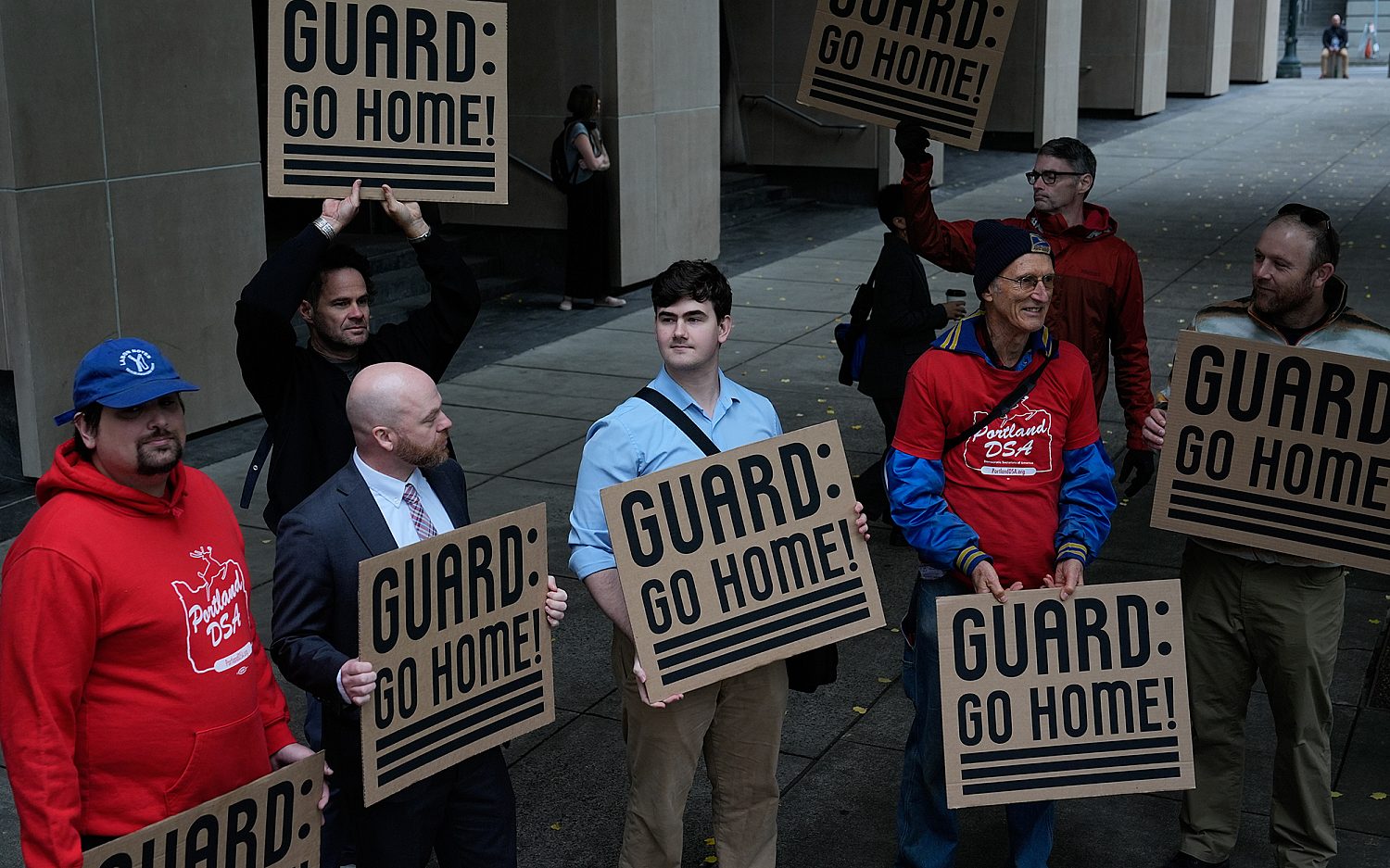Rubio begins campaign touting tax reform
Proposed reform plan would cut taxes for 90 percent of Americans
WASHINGTON—Two days after announcing his candidacy for president, Sen. Marco Rubio, R-Fla., used U.S. Tax Day to tout a tax code overhaul he says will cut taxes for more than 90 percent of Americans.
“We’re engaged in an international competition,” Rubio said to a capacity crowd at The Heritage Foundation’s Allison Auditorium. “We want to make America in the 21st century the single best place in the world to work and innovate.”
Rubio appeared with Sen. Mike Lee, R-Utah, who co-authored the tax proposal and called it both “pro-growth and pro-family.”
The plan’s centerpiece for individual taxpayers is raising the child tax credit by $2,500, which Rubio said rewards those who are investing in America’s future workers. It would also cut tax brackets from seven to two (15 and 25 percent), tax only domestic income, eliminate the estate tax, and drop taxes on capital gains, dividends, and interest income.
Lee and Rubio propose even more sweeping changes for American businesses, which currently endure the highest corporate tax in the developed world. The proposal would lower the corporate tax rate to the international average (25 percent), and allow most businesses to immediately deduct capital investments.
“There will be jobs created in the 21st century,” Rubio said, noting other countries are building more friendly economic environments. “The question is, how many of them will be created here?”
The nonpartisan Tax Foundation estimated the plan would generate 2.7 million jobs, increase wages by 12.5 percent, and increase U.S. gross domestic product (GDP) by 1.44 percent annually over the next 10 years.
When scoring the plan statically—not taking into account behavioral changes it might produce—the Tax Foundation estimated the plan would lower federal revenue by $414 billion annually. But Lee and Rubio maintain it would not add to the deficit, saying it’s “not fair” to score a pro-growth plan on a static model.
“We understand it would be somewhat revenue negative, yet we think this is good for the economy,” Lee said. “Over time this will more than pay for itself.”
Rubio’s entry into the 2016 race means the proposal likely will continue to receive significant public scrutiny in the coming months. He called it a working paper meant to start the discussion: “Our hope is that together we can arrive at what a 21st century tax code looks like.”
The plan has generated criticism from the left and the right. Liberal critics say it disproportionately helps the rich, and many conservatives prefer a flat tax. Lee said they ruled out a flat tax because they couldn’t “find a single way to move us to a single-rate system that protects the middle class.”
Former Sen. Jim DeMint, president of The Heritage Foundation, who has supported a flat tax in the past, told me Lee’s answer was a good one: “If we were starting from scratch, it would be much easier to come out and say everybody’s going to pay 15 percent. But now the code has been so progressive for so many years, anything that completely flattens it—the left is going to come out and say this is tax cuts for the rich.”
Almost two years after Rubio’s role in a controversial immigration overhaul, his involvement in tax reform again illustrates his willingness to tackle complex problems. DeMint commended both Rubio and Lee for starting the conversation and taking criticism to promote new ideas: “We need a simple code, and this is a great start. For two senators to be willing to talk about it shows a lot of courage.”
An actual newsletter worth subscribing to instead of just a collection of links. —Adam
Sign up to receive The Sift email newsletter each weekday morning for the latest headlines from WORLD’s breaking news team.





Please wait while we load the latest comments...
Comments
Please register, subscribe, or log in to comment on this article.